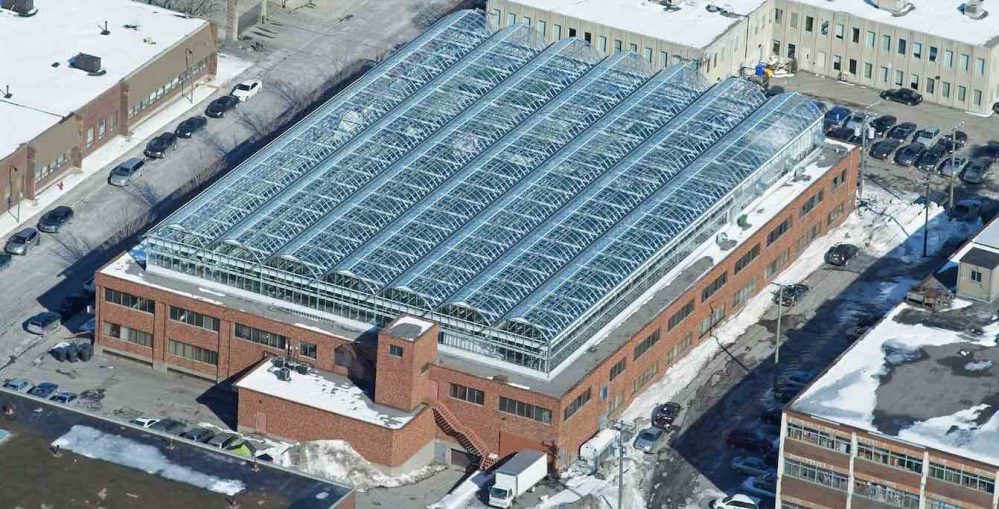
- Oil giant BP buys 50% stakes in offshore wind company Equinor for $1.1 billion.
- Zimbabwe bans mining in all of its national parks.
- The world’s biggest rooftop greenhouse is in Montreal and can feed 2% of the city.
- Arcadia Power is committed to making clean energy work for the planet and your bank account — all without changing your utility company. Sign up to receive your $20 Amazon Gift Card.
BP heads to offshore wind
BP entered the US offshore wind market yesterday, in a big way. The oil giant made a $1.1 billion deal to buy 50% stakes in two US developments from Norway’s offshore wind company Equinor. The deal is expected to close in early 2021.
The deal includes the Empire Wind project off New York (to go live in the mid-2020s) and Beacon Wind off Massachusetts. Together they could generate up to 4.4 GW, which is enough power for more than 2 million homes. Equinor will remain the operator of these projects. The turbines used at each site are each expected to have an installed capacity of more than 10 MW.
BP and Equinor have also agreed to work together to develop further offshore wind projects in the US. BP already has an onshore wind business in the US, but this is their first foray into offshore wind.
The deal challenges any assumption that renewable projects can’t offer returns on the scale offered by oil and gas, and is likely to increase the market’s confidence in Equinor’s offshore wind business, Sparebank 1 Markets analyst Teodor Sveen-Nilsen said.
BP “plans to give further details on how it plans to make the shift from ‘oil major’ to ‘energy company’ in a series of investor presentations scheduled for early next week,” according to the Guardian.
Zimbabwe mining ban
Reversing an initial decision to let two Chinese firms explore for coal at its wildlife-rich Hwange National Park, Zimbabwe this week banned mining in all of its national parks. Hwange is home to more than 40,000 elephants and the endangered black rhino.
The reversal was the result of campaigners taking the government to court to prevent “ecological degradation” in parks.
The Zimbabwean government also announced a ban on mining along most river beds, which will affect small-scale Chinese and local gold miners.
Shingai Nyoka of BBC News, Harare, commented on the decision:
The decision is unlikely to affect relations between Zimbabwe and China. Both governments are acutely aware of the sensitivities around conservation and the outcry would not have surprised either.
But for some Zimbabweans the ban does not go far enough. They point out that years of gold mining along rivers has caused environmental degradation. They, therefore, want the ban to be enshrined in law so that this does not happen again and the environment is protected.
World’s biggest rooftop greenhouse

Montreal has the honor of hosting the world’s biggest rooftop greenhouse. Lufa Farms, which opened in 2009, features four rooftop gardens. They built the fourth and latest addition, which opened at the end of August, atop their own 160,000 square feet (15,000 square meters) distribution center. It’s around the size of three football fields and cultivates 100 different varieties of fruits and vegetables using hydroponics.
Cofounder Lauren Rathmell told CTV News:
We pick to order. So every day we know what is going to sell for the next day, and we pick down to the unit.
They use bees and ladybugs for pollination and pest control and grow the plants in coconut fiber bags in order to collect and reuse water.
The company employs 500 people and sells $30 produce baskets for 20,000 families a week.
Lufa Farms spokesperson Thibault Sorret said:
The advantage of being on a roof is that you recover a lot of energy from the bottom of the building.
Subscribe to Electrek on YouTube for exclusive videos and subscribe to the podcast.
Author: Michelle Lewis
Source: Electrek



